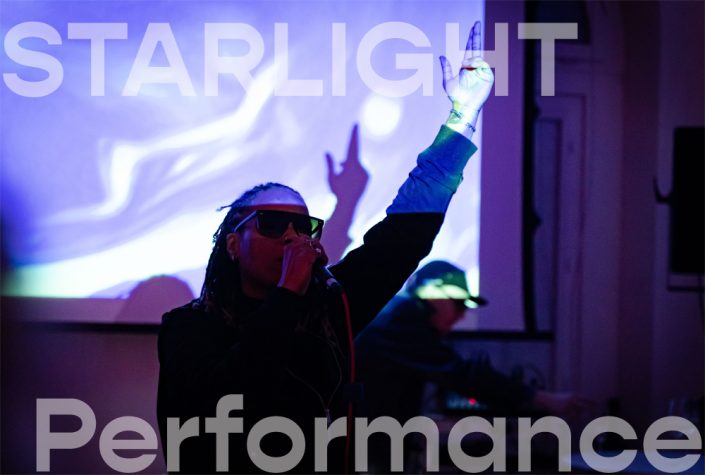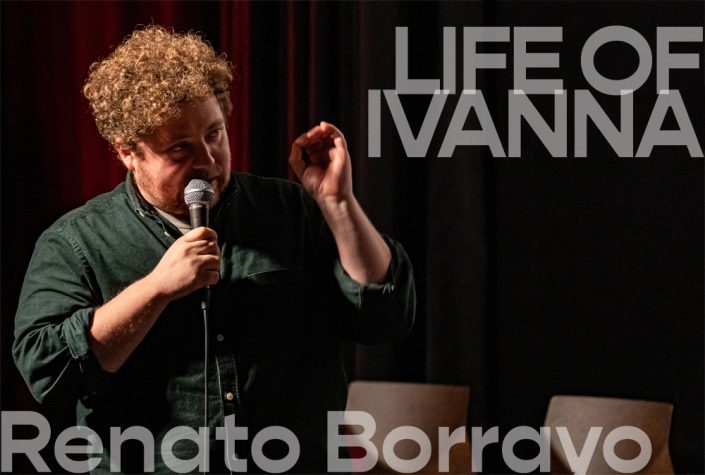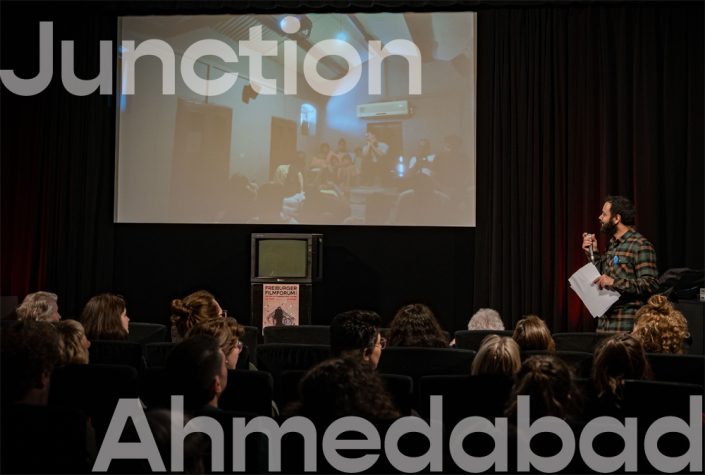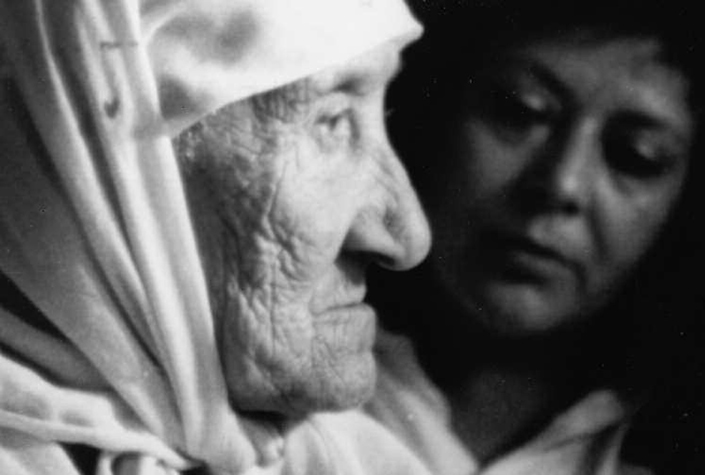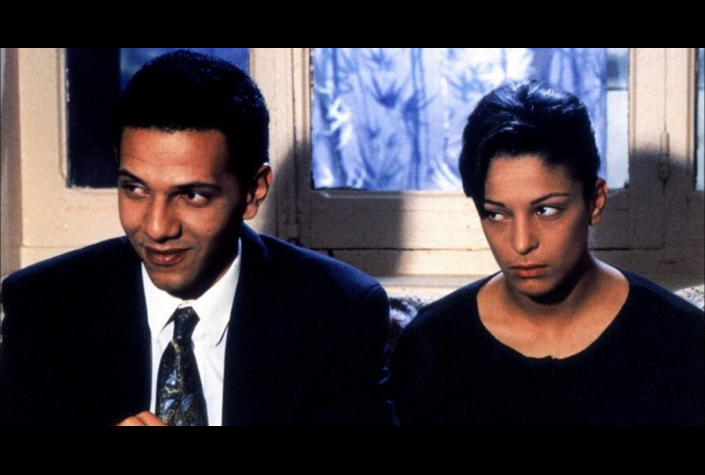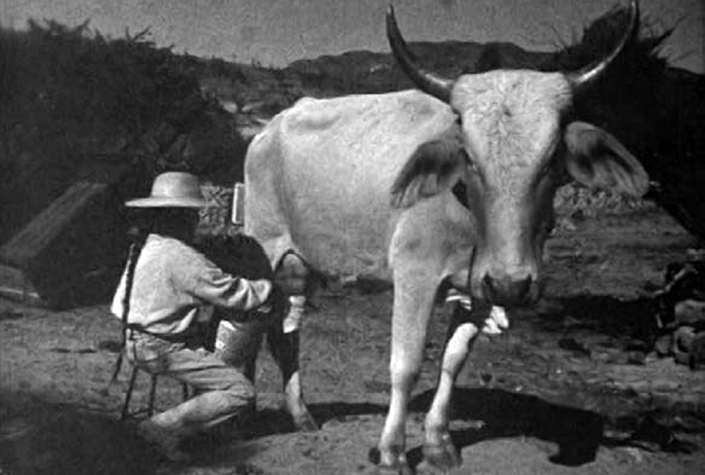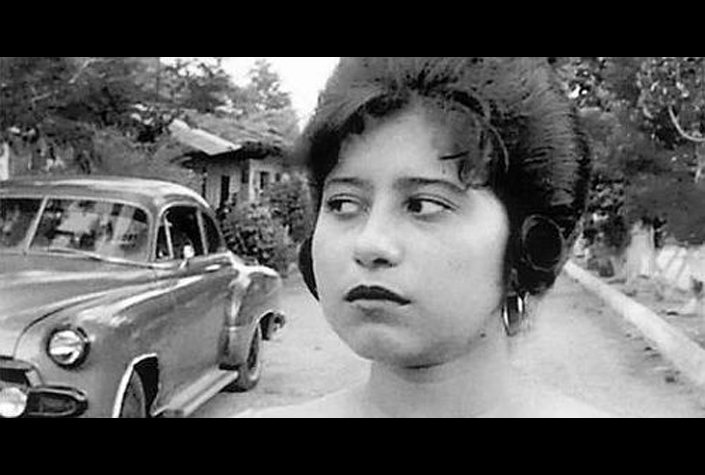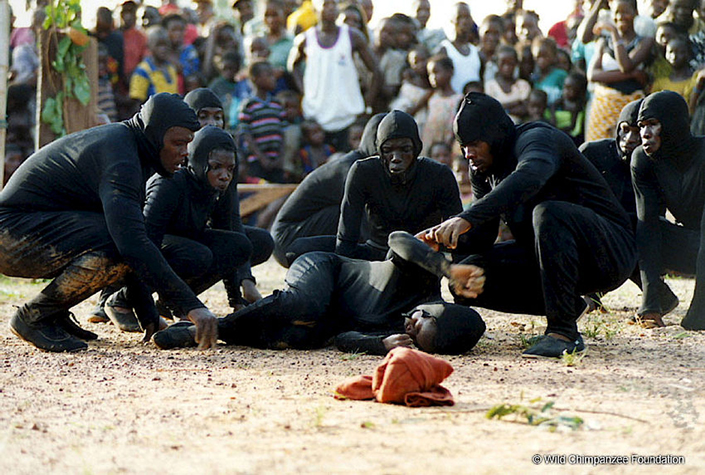
How do we get along with each other when our views collide? This is a modern, urban question which is vital and universal. Four Egyptian women dare to answer this question. Their confrontation redefines the notion of tolerance. The four girlfriends have one common goal: human dignity. They are full of love for their country. They still remember the regency of King Faruk and they had hoped for fundamental changes after Nasser’s revolution. All of them have been fighting for social justice since then, and yet, their identities have developed according to the rhythm of history. Each one of them has chosen a different path. Their Islamic faith, Christian belief, or Atheist conviction are like antipodes, their different notions of a state collide: one wants the seperation of religion and state, others fight for a socialist or an Islamic country.
Nevertheless, the four women refuse to condemn each other or allow disdain to enter into their relationships. They listen to each other’s different opinions and they are able to contradict each other. It doesn’t impair their friendship. They accept each other completely, allow quarrels, check each other , calculate and judge without withdrawing themselves. They dare to judge each other and to tell each other what they think. They give each other the opportunity to explain themselves and take revenge. And they laugh about it.
The Protagonists
Amina Rachid is a professor of comparative literature at the University of Cairo. A leftist militant and a non-practising moslem since her youth, she worked for a decade at the national research centre in Paris (CNRS) and returned to Egypt at the end of the 70s. She is editor-in-chief for ‘Nour’, a literary journal devoted to the work of Arab women.
Safynaz Kazem left Egypt in 1961 to study in the United States of America and stayed for 5 years. A devoted Moslem who wears the veil and advocates the strict application of Sharia (Islamic law). She works as a writer, theatre critic and journalist. Recently, she published an essay on the roots of her writing.
Shahenda Maklad is a leader of the agrarian revolution and the struggle for peasants’ rights following the assassination of her husband, whom she succeeded. A practising Muslim, she has run for election three times.
Wedad Mitry is a retired teacher, trade-unionist and campaigns for the rights of women. She was particularly active in the fight for the right of women to vote. She is a practising Copt.
 Chef! is a film about frustration. Frustration in the face of growing misery in a country rich in natural resources which are exclusively there for the benefit of a powerful … read more
Chef! is a film about frustration. Frustration in the face of growing misery in a country rich in natural resources which are exclusively there for the benefit of a powerful … read more


